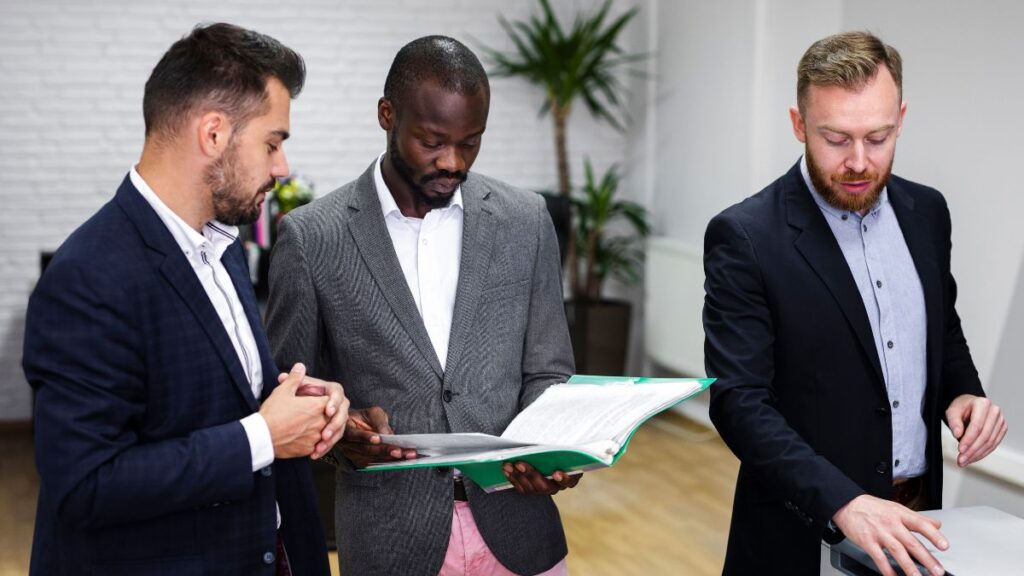Facing criminal charges can be one of the most difficult and stressful situations in your life. Whether you’re in Fairfax, Virginia, seeking Fairfax criminal law services, or in Washington, DC, knowing your rights and what might happen next can make a significant difference in how your case unfolds.
This article offers an overview of standard criminal charges in these areas, explains the legal processes involved, and outlines what to expect when working with a skilled Washington DC defense attorney.
Standard Criminal Charges in Fairfax and Washington DC
In both Fairfax and Washington, DC, people are frequently charged with a range of criminal offenses. Some of the most common charges include:
- Driving Under the Influence (DUI/DWI)
- Drug possession or distribution
- Assault and battery
- Theft and burglary
- Domestic violence
- Gun and weapons charges
- White-collar crimes such as fraud or embezzlement
Understanding the Legal Process
If you’re charged with a crime in Fairfax or Washington, DC, your case will typically follow a series of legal steps. Although the basic process is similar, there are procedural differences between the two systems.
1. Arrest and Booking
After an arrest, you’ll be taken to a local precinct for booking. In Fairfax, you may be held in the Fairfax County Adult Detention Center. In DC, suspects are typically processed at the headquarters of the Metropolitan Police Department.
2. Initial Appearance or Arraignment
Your first court appearance is called an arraignment. Here, the charges against you are formally presented, and you’ll have the opportunity to enter a plea. In Fairfax, this takes place in the General District Court. In DC, arraignments are held at the DC Superior Court.
3. Pre-Trial Motions and Discovery
During the pre-trial phase, your attorney will begin reviewing evidence, speaking with witnesses, and possibly filing motions to suppress specific evidence or dismiss the case. The discovery process is critical to building a strong defense, as it allows your lawyer to identify weaknesses in the prosecution’s case.
4. Trial
If your case goes to trial, a judge or a jury will decide the outcome based on how serious the charges are. Your lawyer will defend you, question the witnesses, and present your side of the story.
5. Sentencing and Appeals
If convicted, you may face fines, probation, community service, or jail time. Sentencing guidelines vary between jurisdictions, and an experienced lawyer can advocate for reduced penalties.
Strategies a Skilled Criminal Defense Attorney May Use
Here are some commonly used approaches:
1. Challenging the Evidence
If the police illegally got evidence, your lawyer can ask the court to block it from being used. That can significantly weaken the prosecution’s case, especially in drug-related or weapons offenses.
2. Questioning the Credibility of Witnesses
In cases involving assault or domestic violence, eyewitness testimony often plays a central role. A good defense lawyer will scrutinize the credibility, memory, and possible bias of any witnesses.
3. Establishing an Alibi
If you can demonstrate that you were in a different location when the crime occurred, it may be possible to have the charges dropped or dismissed.
4. Negotiating Plea Agreements
In many situations, it might be better for you to agree to a plea deal that reduces the charges or penalties in exchange for a guilty plea. A skilled attorney will ensure any plea deal is fair and favorable.
5. Arguing Self-Defense or Lack of Intent
In violent crime cases, asserting self-defense or a lack of criminal intent can result in an acquittal or reduced charges. The burden is on the defense to present compelling evidence in support of these claims.
Differences Between Fairfax and DC Legal Systems
While both jurisdictions follow constitutional principles and criminal procedure, there are key differences:
- State vs. Federal Oversight: Fairfax operates under Virginia state law, while DC is a federal district. It means that DC criminal cases are prosecuted by the United States Attorney’s Office, not a district attorney or state prosecutor.
- Jury Composition: Fairfax juries are drawn from the county population, while DC juries include residents from across the District, which can affect jury dynamics.
- Sentencing Guidelines: Virginia often has mandatory minimum sentences for certain crimes, while DC judges have broader discretion in sentencing.
- Diversion Programs: DC tends to offer more options for diversion, especially in cases involving first-time offenders or non-violent crimes. Fairfax also offers some diversion programs, but availability may be more limited.
Why Hiring a Local Attorney Matters
One of the best things you can do after being charged is to get a lawyer criminal defense attorney who is familiar with the local courts, judges, and prosecutors. Here’s why it matters:
- Local Knowledge: A Fairfax-based attorney understands Virginia law, local court customs, and how Fairfax County judges typically rule. Similarly, a DC-based attorney is well-versed in the unique aspects of practicing in the District.
- Established Relationships: Experienced lawyers often know the prosecutors and judges involved in your case. These relationships can be key when negotiating plea deals or advocating for reduced sentences.
- Tailored Defense: A local attorney can create a defense strategy based on the tendencies of the court in which your case is being tried.
- Faster Response: Having someone nearby ensures you get prompt updates and easier access to in-person meetings when necessary.
Final Thoughts
If you’re facing criminal charges in Fairfax or Washington, DC, the stakes are high. Your freedom, reputation, and future may be at stake. Knowing your rights, what might happen next, and hiring an experienced local criminal defense attorney can give you the best possible chance of a favorable outcome.
The sooner you get a lawyer, the more choices you’ll have for your defense you may have for building a strong defense. Don’t face the criminal justice system alone. Protect your rights and take control of your future with the guidance of a trusted legal professional.







